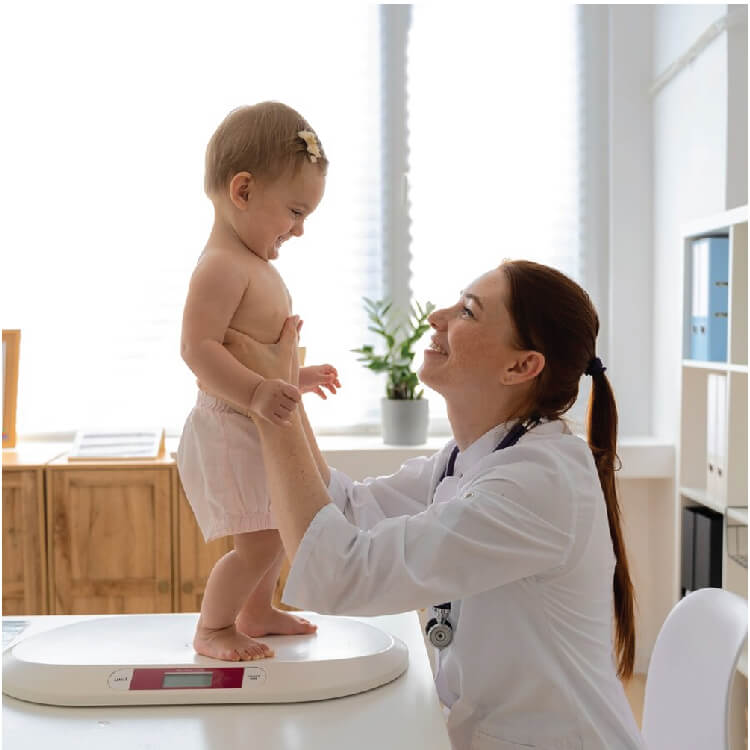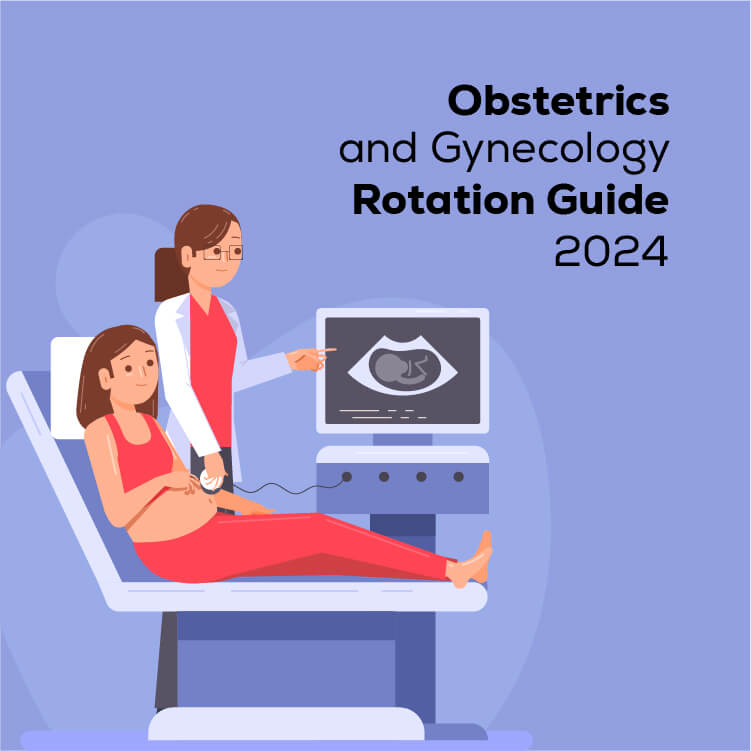
Being a medical student is undoubtedly difficult on a daily basis.
Student life, regardless of your passion for medicine, may be stressful and overwhelming at times due to the hard work and long hours split between studying and hospital training rounds. Regardless of the numerous benefits that come with being a doctor, you must recognise that pursuing any type of medical career is a difficult undertaking. The training you get will have an impact on the lives of your patients. As a doctor, you must be able to operate under extreme stress and in life-or-death circumstances while performing your duties flawlessly so that patients are well cared for and lives are saved. There is no room for mistakes in this industry, therefore as a student, your commitment is crucial, and you must be willing to put in the necessary effort to ensure your success.
Whatever obstacles you meet and the challenges you confront in conquering them throughout your student years will be worth it when you reach your goal of becoming a doctor. We’ve prepared a list of helpful habits and study strategies to help you study smarter and become the best medical student you want to be.
Study wisely.
During medical school, you will be required to study extensively. It would be nearly hard to acquire the necessary skills and information to become a skilled doctor unless you put in the time and effort that studying necessitates. Every medical student will study, collect knowledge, and organise their study hours in a unique way in order to be more productive and efficient. Some students prefer to study in a study group with other students, while others prefer to study alone to avoid distractions.
Study groups are a terrific method to discuss ideas and clarify concepts to one another, as well as practise pronouncing medical terms. However, if your classmates aren’t as dedicated as you are, studying alone can help you avoid distractions.
You’ll need to figure out the ideal strategy for you because you’ll be studying a lot throughout your medical school career. Furthermore, don’t be scared to experiment with different study strategies to see what works best for you.
Find out what works best for you in terms of learning. You might invest in online learning programmes, volunteer work, or other activities if you want to advance further and not just focus on your class topic. All of them are excellent learning tools that can help you improve your learning and medical expertise.
Get enough rest.
Sleep deprivation is common during exam season, when students overlook their own health in order to focus exclusively on the task at hand. As a medical student, though, you should be aware of the significance of sleep. A good night’s sleep will provide you with the energy and cognitive boost you need to be healthier, study better, and feel happier and more motivated. Being weary and sleepy in class will not help you achieve your goal of becoming a successful physician. Make a note of your sleeping habits, create a timetable, and stick to it.
Participate in social activities.
A doctor’s job entails more than just operating on patients, treating them, and writing prescriptions. A great doctor can understand, relate to, and connect with his or her patients, as well as their family and friends. When patients are in a lot of physical discomfort, it can be difficult to communicate with them. Furthermore, doctors encounter patients from a variety of social backgrounds, personalities, and behaviours on a regular basis. As a result, participating in social events during medical school can help you build your soft skills, which will help you achieve the successful medical career you desire.
Make a plan.
Being organised is an important component of medical school, so making sure you manage your priorities and time appropriately is crucial. It is critical for a doctor to be well-organized in order to do their duties without making mistakes that could jeopardise a patient’s life.
Throughout medical school, you will learn how to stay organised and prioritise your tasks. As a medical student, every step you take must be meticulously planned. As a successful medical student, getting organised today is a crucial habit to develop. Allowing oneself more time to cover a more difficult topic, organising your study materials, and generally keeping track of time and other life organisation skills are examples of good habits. All of these aspects will assist you in being well prepared for tests and a successful career in medicine.
Take a day to unwind.
Medical students will become burned out, overwhelmed, and fatigued if they spend all of their time working. Working in a hospital and studying in your own time will teach you a lot, but you must also filter the knowledge so that you do not become overwhelmed. Allowing your body and mind to rest will allow you to replenish and rejuvenate your batteries. Taking a day off won’t make you a less successful student; rather, it will give you the drive and focus you need to keep working toward your goal. When you strike the appropriate mix between studying and resting, sticking to your objective will be much easier.
Look for mentors.
Accepting the assistance of mentors is another habit that successful medical students should cultivate in order to improve their skills and become highly qualified doctors.
Doctors who also teach at medical school have great worth and can help you prepare for your future job. These doctors have extensive expertise in your profession, and there’s nothing wrong with seeking assistance from your mentors to better comprehend the true responsibilities of a doctor in the industry. Academic advisors, professors, and teaching assistants are the mentors you will seek advice from during your medical school career.
Have more questions? We’ve got your back! Reach out to us at info@usdoctors.co or check out our website for more details.



